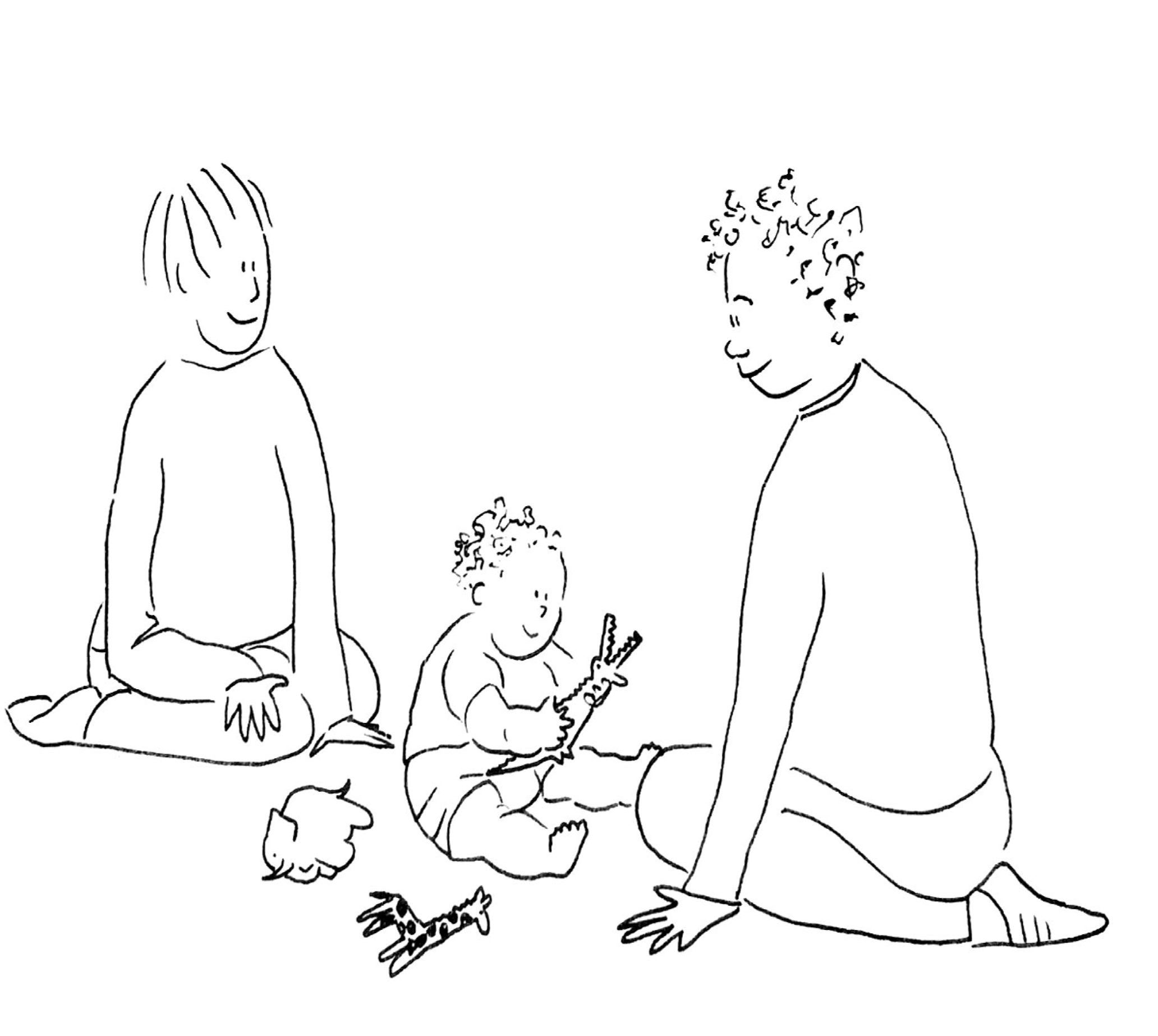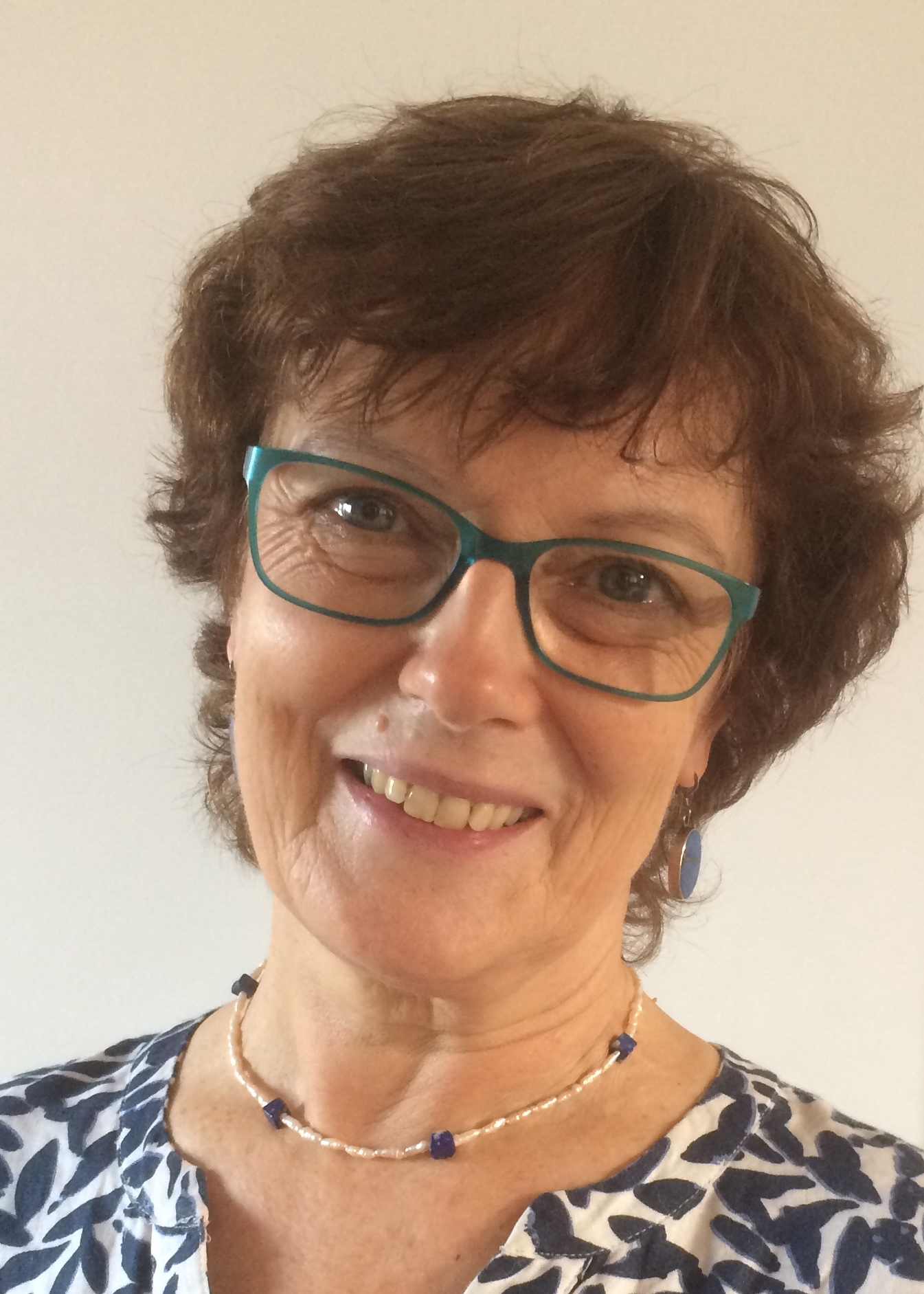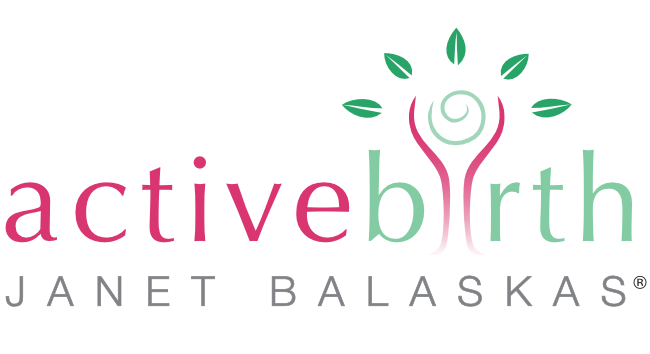Parent Infant Psychotherapy with Sara Rance
PIP promotes the babies’ attachment security to their parents and supports the parallel process of parental bonding that begins in pregnancy, and continues into the early months and years. Many factors can interfere with these early relationships and cause worry and feelings of failure to parents or distress to babies and young children. 
Some difficulties that Parent Infant Psychotherapy can help with
- Problems with sleeping, crying and feeding
- Struggles over weaning and separation
- Lack of confidence or conflicting feelings about getting on with or caring for the baby
- The impact of depression or anxiety in pregnancy or postnatally on the developing relationship with the baby
- Parenting without the support of a partner or co-parent
- Managing the transition in the couple relationship as partners become parents
- Sibling rivalry
- Managing challenging behaviour as babies become toddlers
- Difficulties in a parent’s own childhood that can affect being a mother or father
- The impact of fertility problems, perinatal loss or trauma on becoming a parent
- The effects of prematurity, illness or disability on parenting and relationships
What happens in Parent Infant Psychotherapy appointments?
Baby and parent(s) are seen together, though occasionally appointments without little ones are appropriate. Sessions last 50 minutes and usually take place on a play mat or cushions at floor level, making it easier to ‘tune in’ to the baby’s cues, to engage in ‘conversation’ and play, and attend to the baby alongside adult discussion. Some parents seek the opportunity to reflect on past difficulties if these seem to be impacting on the current problems; others prefer primarily to focus on the ‘here and now’. Parents bring what they are most concerned about and as babies and children are active participants they also draw attention to their own struggles.
Appointments usually commence on a weekly basis though this is negotiable and in longer term work some families choose to meet fortnightly. It is often helpful to start with a series of 4 – 8 consultations. Sometimes brief treatment can be enough to help the family turn a corner by addressing the most pressing problems. But there is also time to consider whether further medium to longer term treatment may be helpful. Frequency and length of treatment is tailored to each family’s needs, and is discussed as part of the assessment process and reviewed on a regular basis.
 Sara Rance BA. PG Dip. MSc.
Sara Rance BA. PG Dip. MSc.
Sara a Consultant Child & Adolescent Psychotherapist with extensive experience in Parent Infant Psychotherapy and work with Under 5s. As well as her practice at the Active Birth Centre she is a Visiting Lecturer at the Tavistock and at the Anna Freud Centre and offers clinical supervision. Her approach is grounded in Psychoanalysis, Attachment Theory and Child Development and she works supportively in partnership with parents.
Sara qualified in Psychoanalytic Psychotherapy with Children, Young People and Families at the Tavistock & Portman Clinic in 1994. She worked in the NHS for 23 years, most recently as Head of Child Psychotherapy Newham CAMHS. She enjoys working with families from diverse ethnic, and cultural backgrounds and with different types of families, including single parents, same sex parents and blended families. Sara is a full member of the Association of Child Psychotherapists, which is registered with the Professional Standards Authority. She is on the Executive Committee of the Association of Infant Mental Health UK. She was the winner of the Infant Mental Health practitioner category in the 2016 PIP UK awards.
Contact Sara Rance at 07968 236865 or sara.rance14@gmail.com

